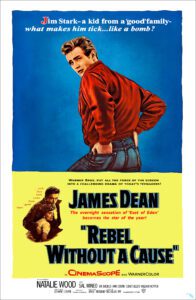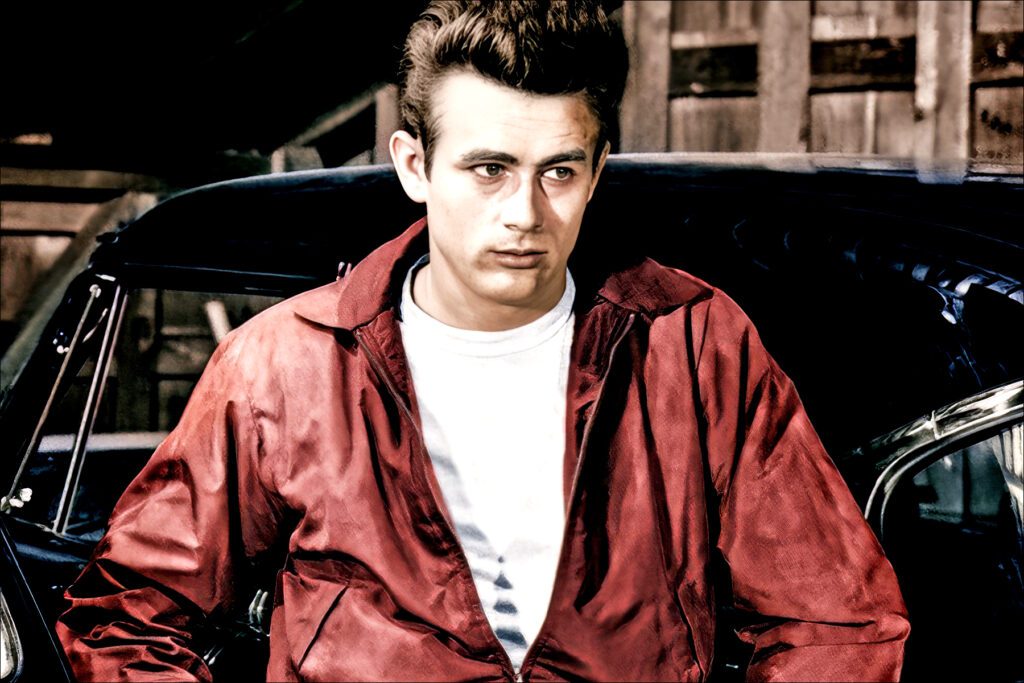
James Dean: The Rebel Who Became a Legend
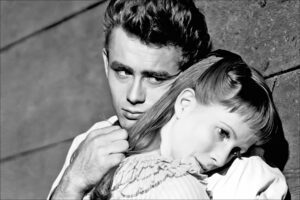
Though his time on screen was brief, James Dean left an imprint on American cinema that still pulses with electricity. With just three major films to his name, he became the eternal symbol of restless youth—moody, magnetic, and heartbreakingly vulnerable. His performances were raw and real, his presence impossible to ignore. Dean didn’t just act—he bared his soul. And in doing so, he helped usher in a new era of naturalism in film. He was the first actor to receive a posthumous Academy Award nomination—and then the second, too. A legend not built over decades, but carved in lightning.
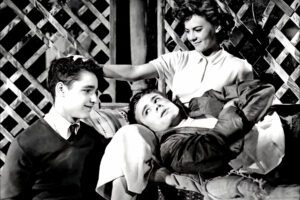
James Byron Dean was born on February 8, 1931, in Marion, Indiana. After the death of his mother when he was just nine, Dean was sent to live with his aunt and uncle on a farm in Fairmount, Indiana. Shy and introspective, he found solace in acting during high school and eventually moved to Los Angeles to study drama. He enrolled at UCLA, acted in local theater, and began to attract attention. But it wasn’t until he moved to New York and trained at the Actors Studio under Lee Strasberg that his approach to performance deepened, taking on the intensity of method acting that would define his brief, brilliant career.
Dean’s rise to fame was meteoric. His first major film role in “East of Eden” (1955), directed by Elia Kazan, captured a new kind of screen masculinity—tender, explosive, and deeply conflicted. Audiences were mesmerized. That same year,
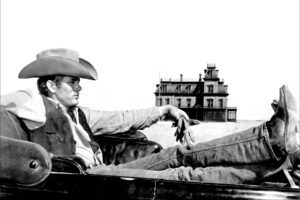
he starred in “Rebel Without a Cause,” the film that made him a cultural lightning rod. As the misunderstood Jim Stark, Dean gave voice to a generation’s confusion, rage, and yearning for connection. His final film, “Giant” (1956), showcased his remarkable range, playing a poor ranch hand who rises to power and wealth over decades, even as he loses touch with his soul.
What makes Dean’s legacy so enduring isn’t just the films—it’s the raw emotional truth he brought to each role. He tapped into the vulnerability beneath the bravado, the ache beneath the swagger. He was never afraid to be broken, never afraid to be real. His performances weren’t polished—they were lived.
On September 30, 1955, James Dean died in a car crash near Cholame, California. He was just 24 years old. The news stunned the world. Dean had only just begun, but in a flash, he became immortal. His face—troubled, beautiful, defiant—would come to represent an entire era of American youth in turmoil.
In the decades since, James Dean has never truly gone away. His spirit lives on in every outsider, every misunderstood teen, every actor who dares to dig deeper. He once said, “Dream as if you’ll live forever. Live as if you’ll die today.” And though he died young, he lived like it mattered—and that’s why he still matters today.
